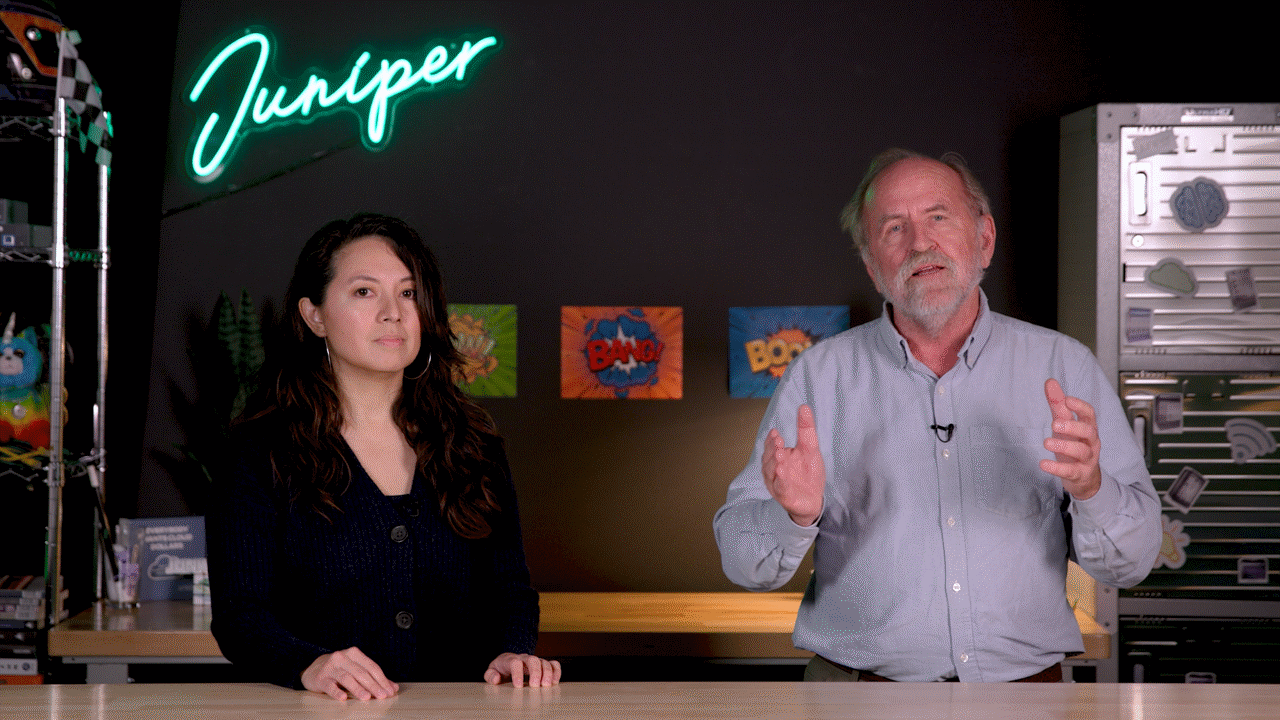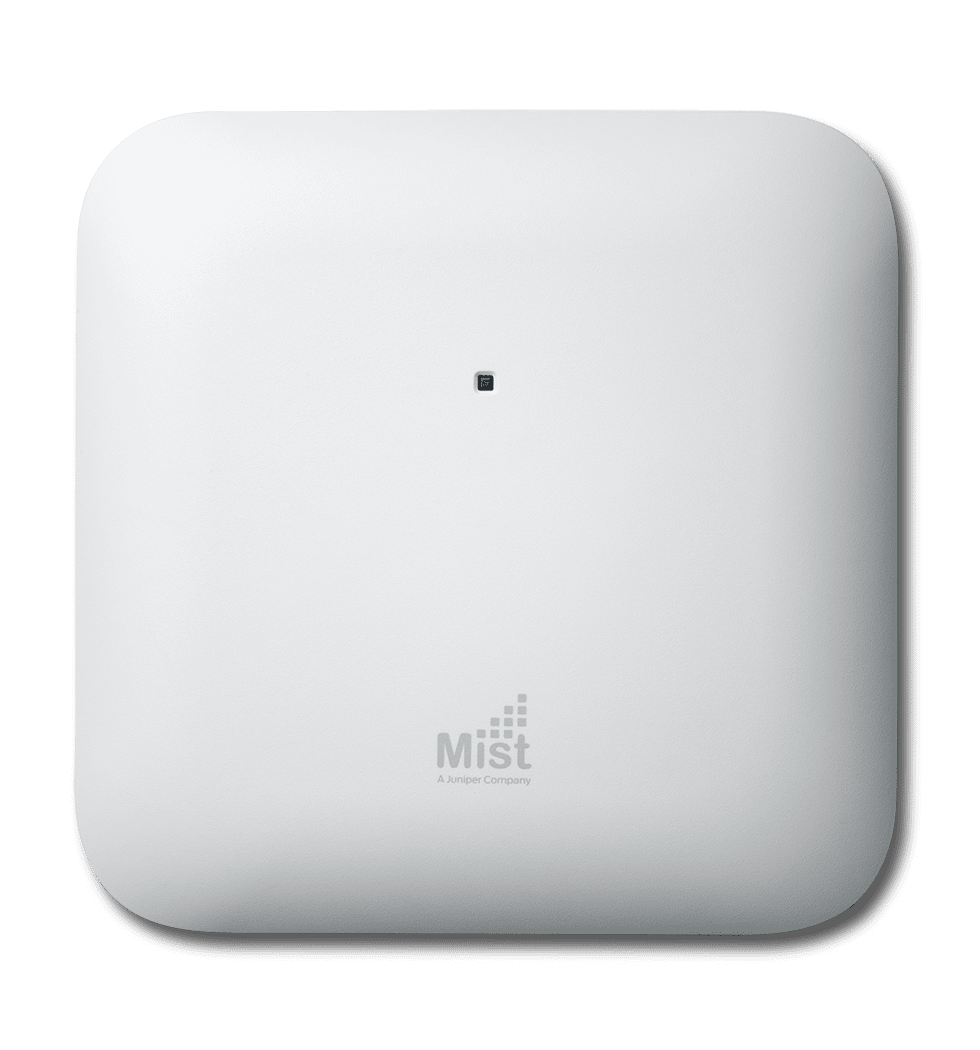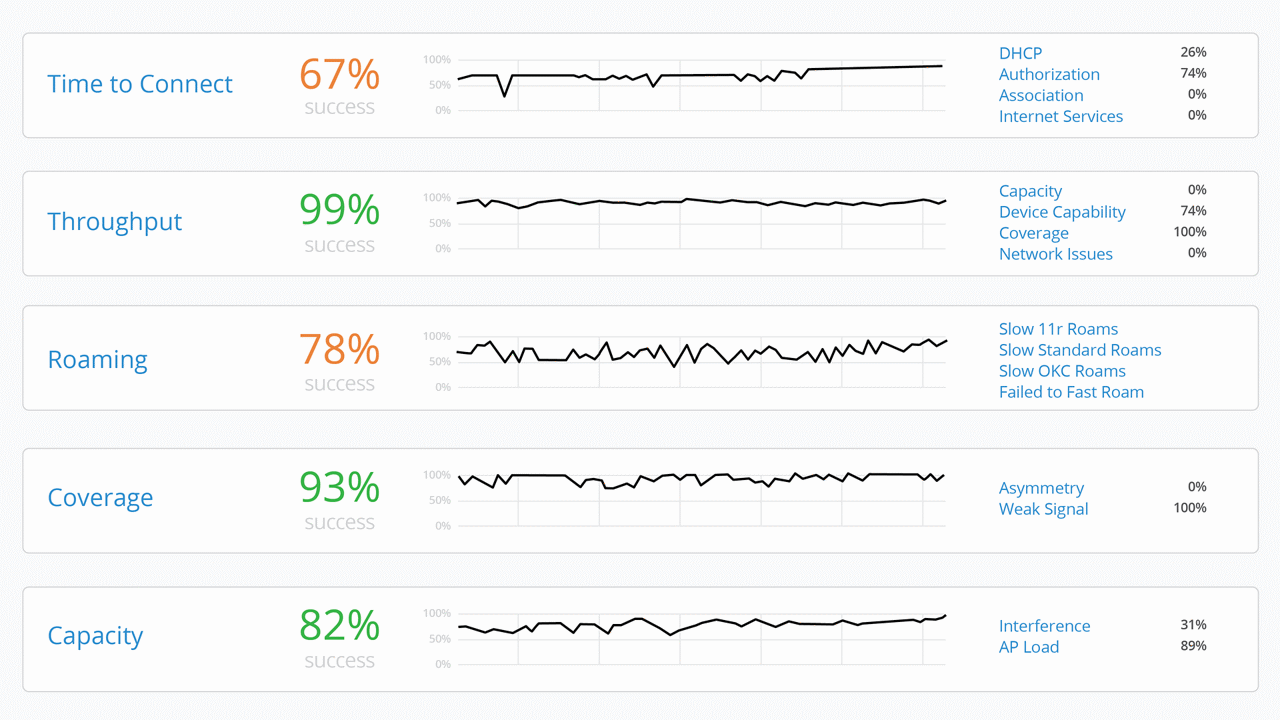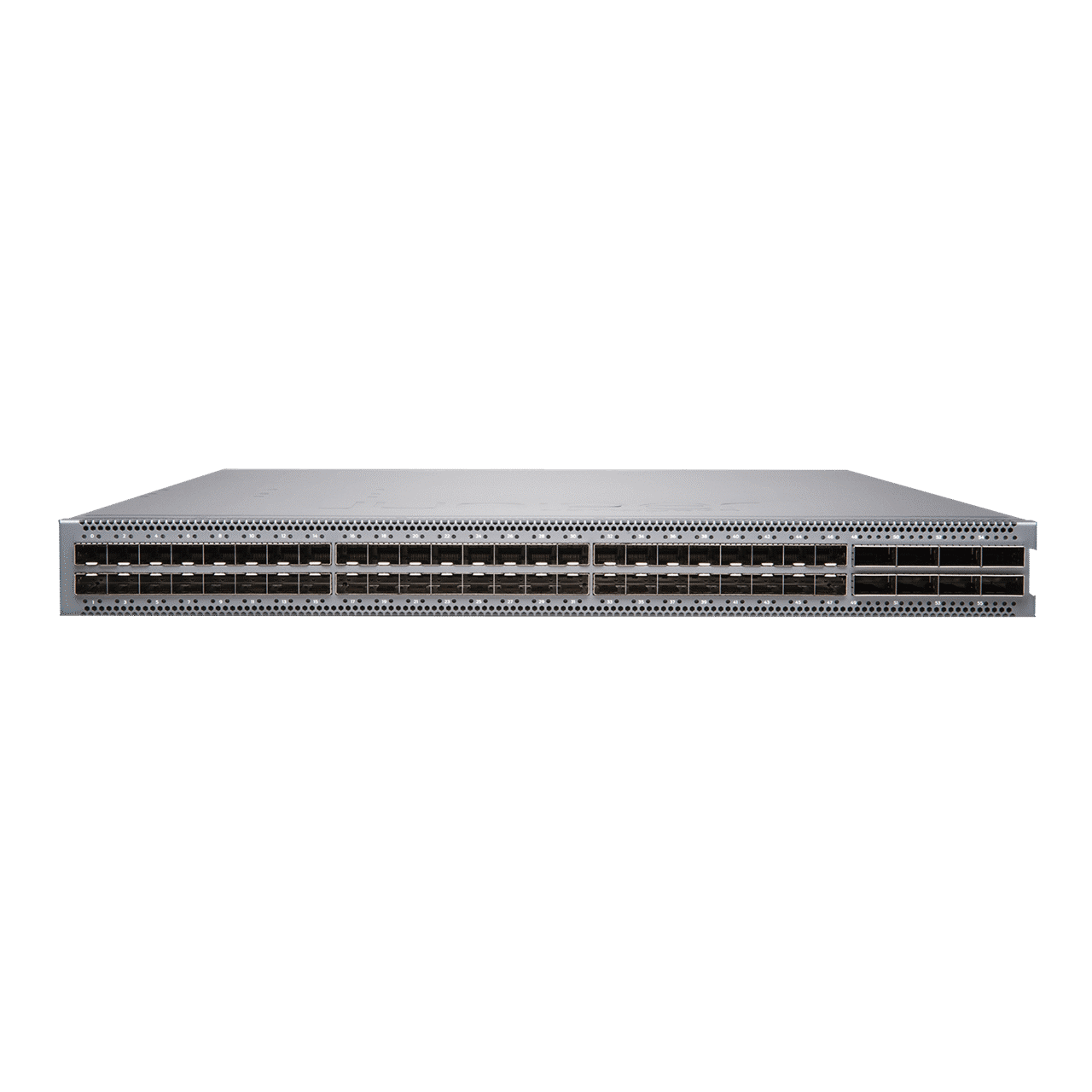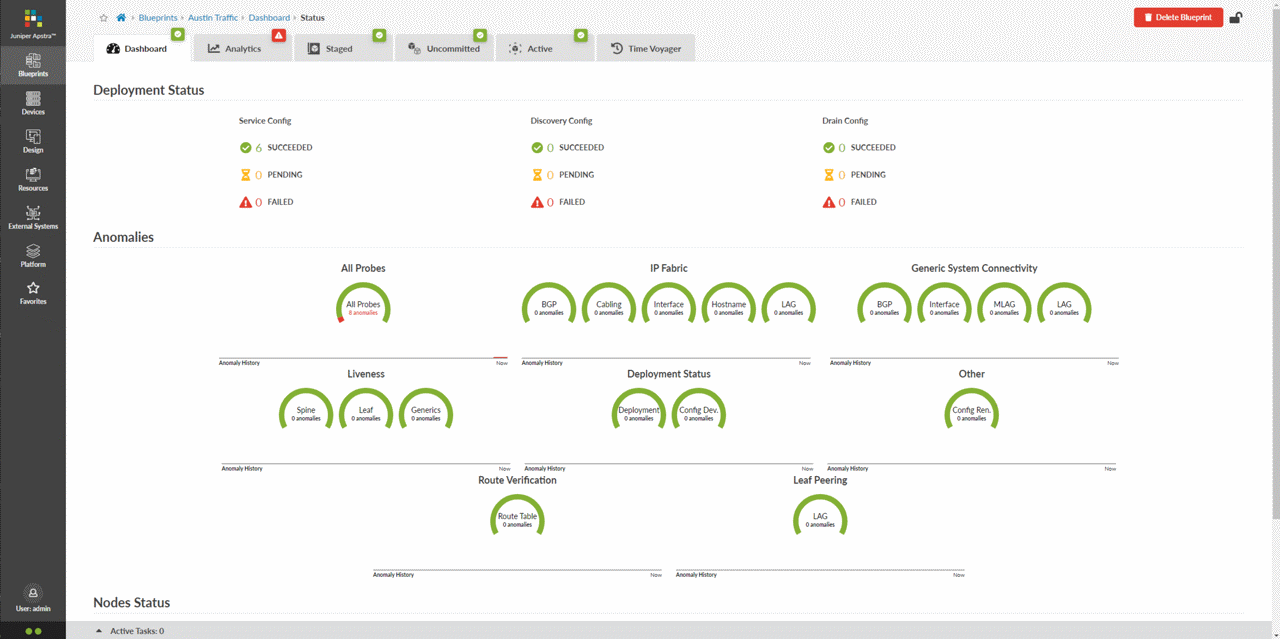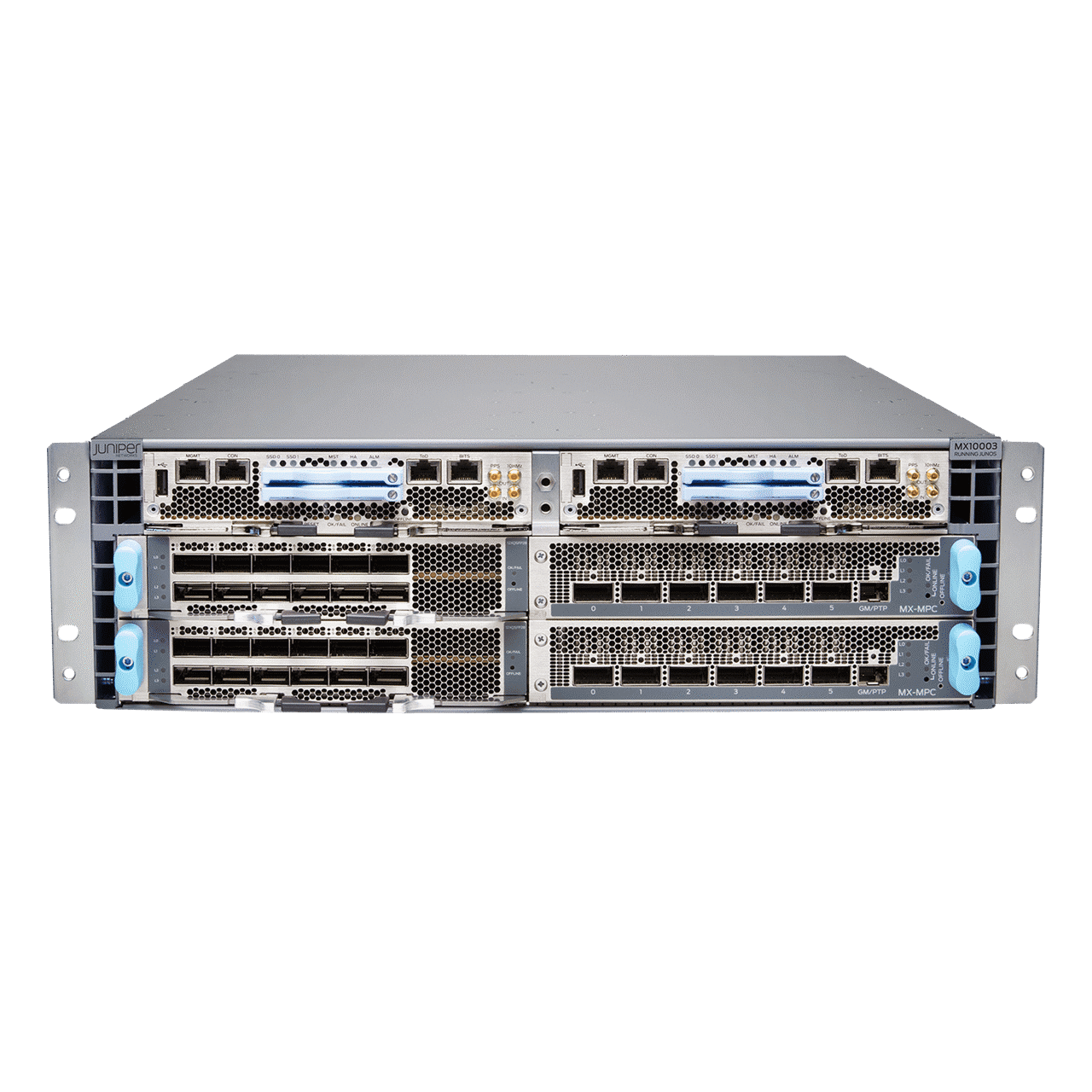Customer Success Story

Rady Children’s Hospital upgrades Wi-Fi to support world-class pediatric care
Rady Children’s Hospital is the largest pediatric hospital on the West Coast of the United States and the only dedicated pediatric care and trauma center in the San Diego area. U.S. News & World Report named Rady Children’s among the 10 Best Children’s Hospitals in the nation for the first time in June 2023.
An AI-driven wireless network from Juniper delivers the consistent, reliable Wi-Fi access that the clinical and administrative staff need to care for more than 280,000 kids a year.
Overview
| Company | Rady Children’s Hospital |
| Industry | Healthcare |
| Products used | AP43, Wi-Fi Assurance, QFX5120, Juniper Apstra, MX10003 |
| Region | Americas |

900
Wi-Fi 6 access points deployed across the main hospital campus in six weeks
AIOps
Assures fast, reliable Wi-Fi to support clinical and administrative mobile devices and apps
Shift
From reacting to user complaints to proactively optimizing the user experience
Zero
Disruption to patient care during rip and replace of the previous wireless network
A full Wi-Fi refresh with maximum capabilities and minimal disruption
Rady Children's, the teaching hospital associated with the University of California San Diego School of Medicine, wanted a faster, more reliable wireless network as it cared for kids and supported their families. Using outdated Wi-Fi meant that when physicians and nurses visited their patients or called colleagues, they couldn’t count on a reliable connection as they walked through hospital corridors or stairwells. Dropped calls and slow clinical applications created frustration.
“We wanted to respond to change faster and provide a great connectivity experience, even for the newest mobile devices that providers used,” says Michael Worley, network technician at Rady Children’s Hospital.
Rady Children's sought out a smarter wireless network solution, one that would automatically fine-tune the Wi-Fi experience to support stable connections, even as people moved around the hospital’s buildings. The IT team wanted a cloud-managed network with AI capabilities that would provide proactive insights into the user experience and simplify management.
Making a network change in a life-critical environment must be done with precision and care. The IT team was still leery from upgrading its controller-based wireless LAN a few years ago, an effort that took months to complete and was disruptive to clinicians and hospital operations. This time around, IT wanted to make the change with no downtime at all.

Mist AI simplifies and accelerates installation
After extensive testing, Rady Children’s chose the Juniper AI-driven wireless network solution for its main healthcare campus and 20 satellite locations in San Diego.
Juniper AP43 Access Points work in conjunction with the Juniper Mist cloud architecture, driven by Mist AI™, to deliver optimized Wi-Fi 6 connectivity to clinicians, staff, patients, and visitors.
The Juniper Mist Wi-Fi Assurance cloud service uses AI and machine learning to make the Wi-Fi predictable, reliable, and measurable. IT has unique visibility into user service levels, with the ability to set up and track specific wireless experience metrics. Juniper Marvis Virtual Network Assistant, purpose-built for Mist AI, transforms network operations from reactive troubleshooting to proactive remediation through automated, self-driving actions.
The carefully planned Juniper Wi-Fi rollout was non-disruptive to patient care. The IT team installed 900 access points in four buildings on the main hospital campus in just six weeks. Not a single network-related trouble ticket was submitted during the deployment.
“It was phenomenal how fast and easy it was to rip and replace the old network with the new Juniper wireless,” says Leo Mata, manager of network support services at Rady Children’s.
Rady’s also uses Juniper networking in its core network and data centers. Fully redundant, highly scalable Juniper MX100003 core routers provide data center and cloud connectivity. Its data centers use Juniper QFX5120 switches for a fully redundant spine/leaf architecture to connect servers and storage with no single point of failure. A robust EVPN-VXLAN overlay provides low latency, high scale connectivity and segmentation. The IT team also uses Juniper Apstra intent-based software to automate and simplify data center network operations and to support consistent, reliable, and fast network service deployments.

A better Wi-Fi experience for clinicians, kids, and their families
Before Juniper, when clinicians complained about Wi-Fi service, IT could spend hours isolating and resolving the issue.
No longer. Now, the IT team can use the Juniper Mist dashboard to visualize and monitor the quality of an individual user’s experience and fix problems swiftly.
Daniel Madain, network engineer team lead, describes the mindset change.
“The Juniper dashboard presents us with a narrative about the wireless,” he says. “Instead of seasoned engineers trying to interpret a collection of loosely related metrics to understand how the network is really performing, we now have a direct line of sight into a problem, from point A to point B.”
The AI-driven smarts of a Juniper network have proven useful in other ways. For instance, the IT team found a vintage iPad in use during the proof-of-concept test and replaced it. Marvis pinpointed authentication issues causing occasional trouble with the guest Wi-Fi.
IT even used Marvis and the Juniper wireless network to help a charge nurse quickly find missing workstations on wheels (WOWs) needed for patient visits. “I queried Marvis to locate 28 out of the 30 missing WOW carts on the floor-plan map within 10 feet of the actual physical location,” says Worley.
That kind of quick response turns IT teammates into heroes and helps Rady Children’s provide comprehensive care and treatment for more kids.


Rady Children's Hospital Delivers Consistent, Reliable Wi-Fi Success
This video describes how Rady Children's Hospital wanted a faster, more reliable wireless network as it cared for kids and supported their families. Using outdated Wi-Fi meant that when physicians and nurses visited their patients or called colleagues, they couldn’t count on a reliable connection as they walked through hospital corridors or stairwells.
Rady Children's Hospital sought out a smarter wireless network solution, one that would automatically fine-tune the Wi-Fi experience to support stable connections, even as people moved around the hospital’s buildings. The IT team wanted a cloud-managed network with AI capabilities that would provide proactive insights into the user experience and simplify management.
Published September 2023





















